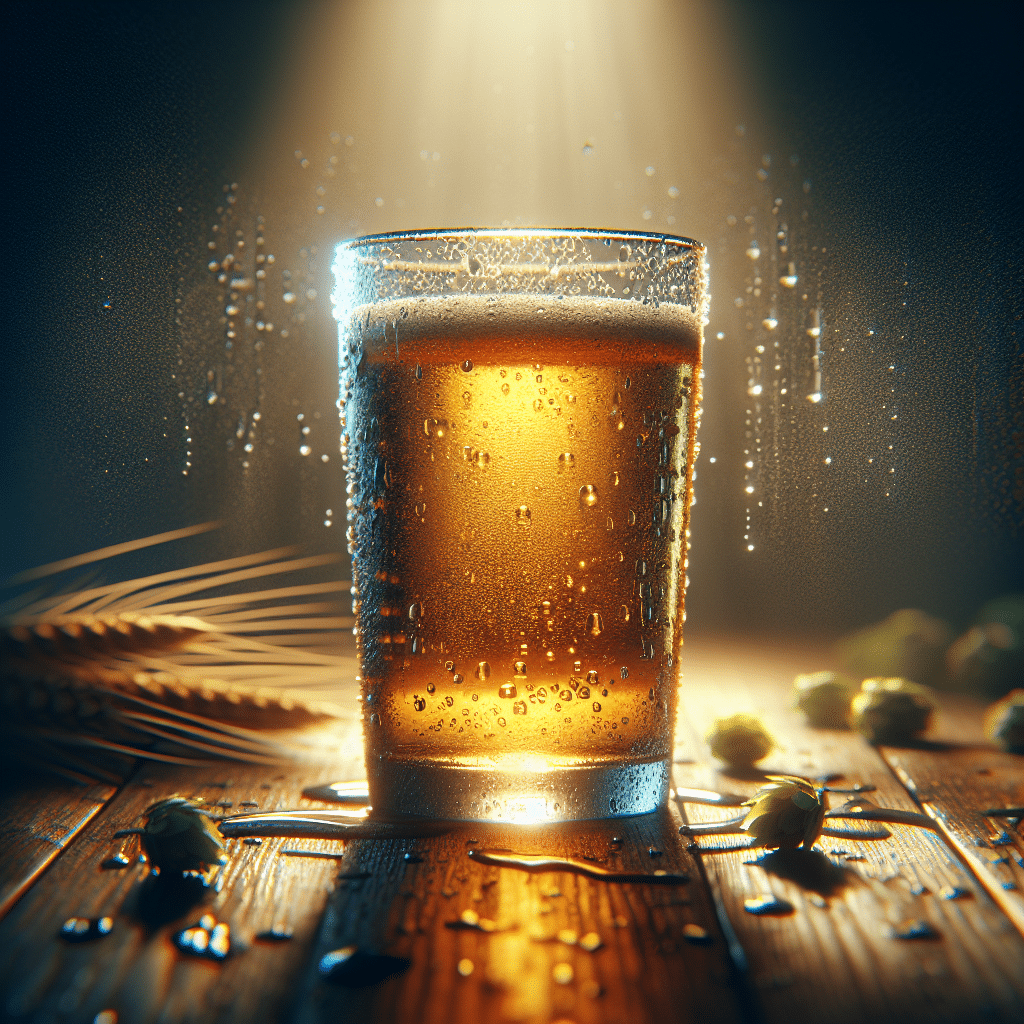Introduction
A malt beverage is a type of drink that is created by fermenting a mixture of malted grains, typically barley, with water, yeast, and various flavorings. The malting process involves soaking the grains in water, allowing them to sprout, and then drying them to halt germination. This process not only develops sugars necessary for fermentation but also imparts distinct flavors and aromas to the final product. Malt beverages encompass a wide range of drink categories, including beer, malt liquor, and certain flavored beverages that may contain little to no alcohol. They are celebrated for their complexity and variety, offering an array of taste profiles from rich and malty to light and fruity. With an expansive history that dates back to ancient civilizations, malt beverages have evolved significantly and hold a prominent place within the beverage market today.
Understanding Malt Beverages
Definition
Malt beverages are beverages made from fermented grains that are primarily malted, meaning they have undergone the malting process. The key ingredients in these beverages include:
- Malted Grains: Barley is the most commonly used grain; however, other grains such as wheat, corn, and rye can also be employed.
- Water: Essential for the extraction of sugars from the malted grains during the mashing process.
- Yeast: This microorganism is crucial for fermentation, converting sugars into alcohol and carbon dioxide.
- Additives: These can include hops for bitterness and aroma, as well as adjuncts like sugars or flavorings to create diverse taste profiles.
Types of Malt Beverages
Malt beverages can be categorized into a variety of types, each with its unique characteristics. The most notable types include:
- Beer: Arguably the most recognized malt beverage, beer can be further categorized into ales, lagers, stouts, and porters based on fermentation methods and grain types.
- Malt Liquor: A stronger version of beer usually with higher alcohol content, often produced using adjuncts like corn or rice.
- Malty or Flavored Beverages: These drinks may contain lower alcohol levels and are often sweetened or flavored with different ingredients like fruit or spices.
Production Process
The production of malt beverages involves several steps:
1. Malting
This initial phase involves soaking the grains in water, allowing them to germinate and develop enzymes that convert starches into fermentable sugars. Once germination occurs, the grains are dried in a kiln to stop the process, resulting in malt.
2. Mashing
During mashing, the malt is mixed with hot water to extract the sugars. The resulting liquid, known as wort, is then separated from the grain husks.
3. Boiling
The wort is boiled, and hops are added to provide bitterness and aromatic qualities. This step also sterilizes the wort, preparing it for fermentation.
4. Fermentation
Yeast is introduced to the cooled wort, initiating fermentation. Depending on the yeast strain and fermentation conditions, the resulting beverage will vary in flavor and alcohol content.
5. Conditioning and Packaging
After fermentation, the beverage is conditioned to develop flavors before being filtered, carbonated, and packaged for distribution.
Health Considerations
While malt beverages can be enjoyed in moderation, it is important to consider health implications. Many malt beverages contain added sugars and can contribute to caloric intake. Additionally, those containing alcohol should be consumed responsibly and in accordance with recommended guidelines.
Frequently Asked Questions (FAQ)
What is the difference between malt beer and regular beer?
Malt beer refers specifically to beers with a distinct malt flavor profile, typically characterized by a sweeter and fuller body. Regular beer encompasses a broader range of styles that may emphasize hops or other flavors over malt.
Can I find malt beverages without alcohol?
Yes, there are numerous non-alcoholic malt beverages available that retain the flavor characteristics of traditional malt beverages while eliminating the alcohol content. Brands such as Clausthaler and O’Doul’s offer great alternatives.
Are malt beverages gluten-free?
Traditional malt beverages made from barley and wheat are not gluten-free. However, there are gluten-free options available made from grains such as sorghum or rice. Always check labels for gluten-free certifications.
Conclusion
Malt beverages, with their rich history and complex flavors, provide a delightful exploration of fermented grains. Understanding the production process, types, and health considerations can enhance your appreciation of these drinks. Whether enjoying a local craft beer or experimenting with non-alcoholic options, malt beverages remain a staple choice for many connoisseurs and casual drinkers alike.



